
OR
EVs adoption in Nepal surge in Nepal with government support measures
Published On: April 27, 2024 09:30 AM NPT By: Hari Prasad Sharma

KATHMANDU, April 27: Electric vehicles (EVs) are increasingly entering the Nepali auto market, supported by government initiatives to increase the consumption of electricity in the country and to make the environment pollution-free.
The government is also building infrastructure including charging stations required for charging electric vehicles in different places of the country. The Nepal Electricity Authority (NEA) has constructed charging stations in 51 different locations in the country.
Likewise, private sector engagement is also evident, with Sundar Transport Pvt Ltd operating EVs since four years. Recently, Sajha Yatayat, based in Pulchowk, has introduced 40 EVs and 21 charging stations.
According to NEA, so far 400 charging stations have been constructed and operational in the country, offering EV users significant cost savings compared to traditional petrol and diesel vehicles.
Employees of NEA and government agencies also use electric vehicles. According to the Department of Transport Management (DoTM), government employees are adopting EVs.
As the attraction towards electric vehicles has increased and the infrastructure including charging stations is being built, the stakeholders demand that the entire public transport should be converted to electric.
Transport expert Ashish Gajurel said that public transport should be converted to electric mode in order to replace imports of diesel and petrol while consuming domestically produced electricity. "Electric vehicles are capable of reducing environmental pollution and are safer than diesel and petrol-powered vehicles," he said, "It also helps to reduce trade losses."
Chiribabu Maharjan, Mayor of Lalitpur Metropolitan City, said that the metropolis plans to run electric buses in the Kathmandu Valley and to convert old vehicles that run on fuel into electric ones.
Although importing electric vehicles poses no issue, DoTM indicates a lack of policy standards for converting old vehicles to electric ones. Director Ram Chandra Paudel said that it is immediately impractical to phase out old fuel-powered vehicles and transition them to electric.
Additionally, Paudel pointed out legal hurdles between the three levels of government regarding the conversion of old vehicles to electric ones.
He said that establishing safety standards for electric vehicles is of utmost importance.
You May Like This
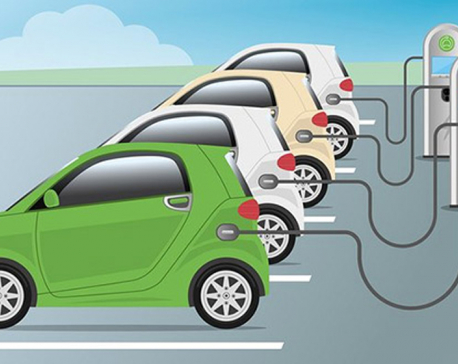
2,787 electrical four-wheelers imported in four months of current FY
KATHMANDU, Nov 24: During the first four months of the current fiscal year (FY), over 2,700 four-wheeler electric vehicles (EVs)... Read More...
_20230506072433.jpg)
EV revolution and the need to be proactive
While promoting the use of electric vehicles (EVs), the government needs to be proactive in managing the electric and chemical... Read More...
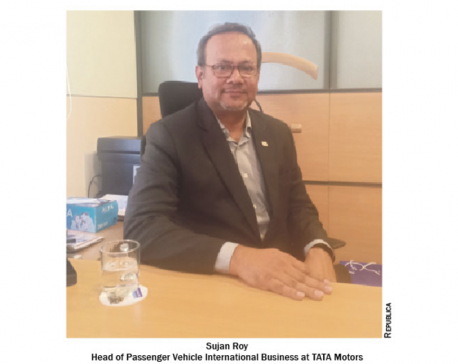
‘Good prospects for electric vehicles in Nepal as it is blessed with hydro power’
TATA Motors is one of the fastest growing car brands in Nepal. TATA Motors started commercial business in Nepal from... Read More...

_20240508123602.jpg)

Just In
- NEPSE marginally down by 0.21 points, while daily turnover increases to Rs 2.54 billion
- Govt backs cigarette industry, reluctant to raise tobacco taxes
- Upcoming budget to be introduced in a new manner: PM Dahal
- Indian Idol sensation Menuka Paudel undergoes eye surgery
- Finance ministry allocates additional Rs 10 million for by-election expenditures
- Supporters stage demonstration demanding justice for cricketer Lamichhane (In photos)
- Expedited Labor Approval: Each employee now serves 84 applicants daily
- Education ministry directs govt teachers to return to work except those undergoing treatment for severe illnesses



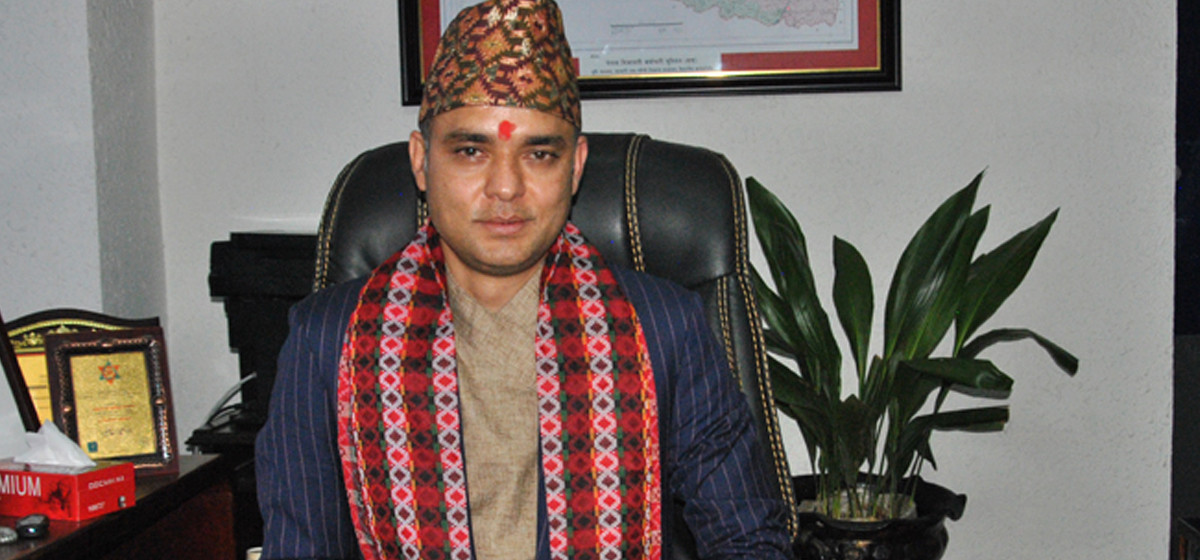

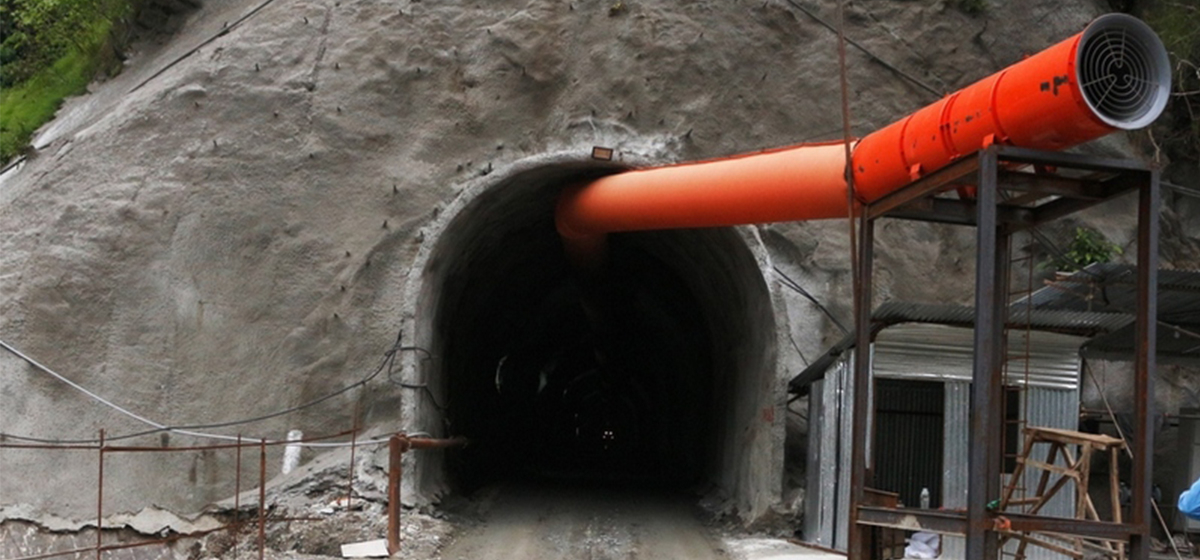
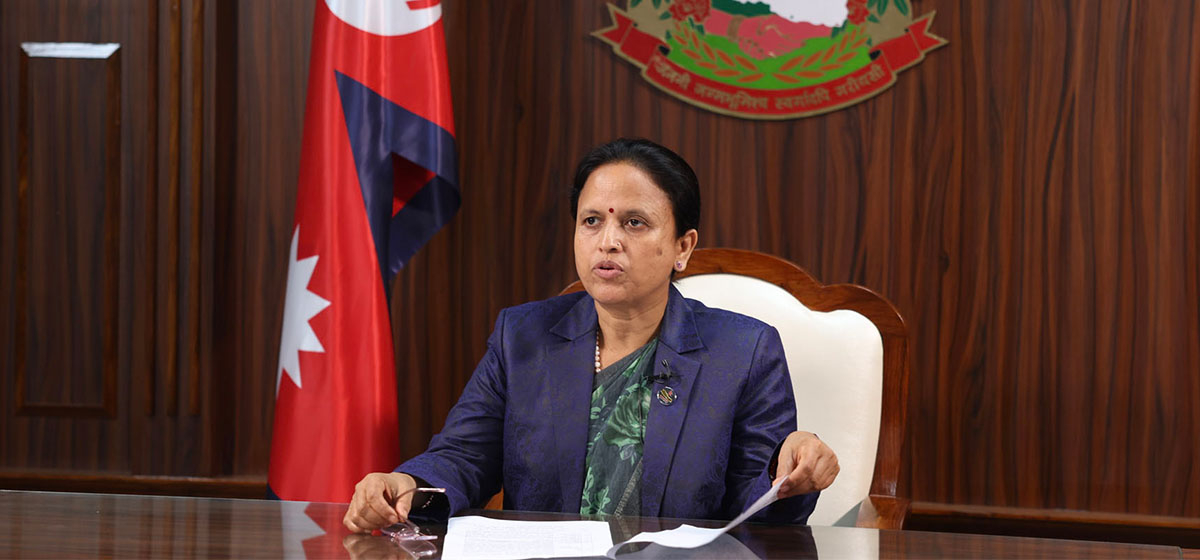

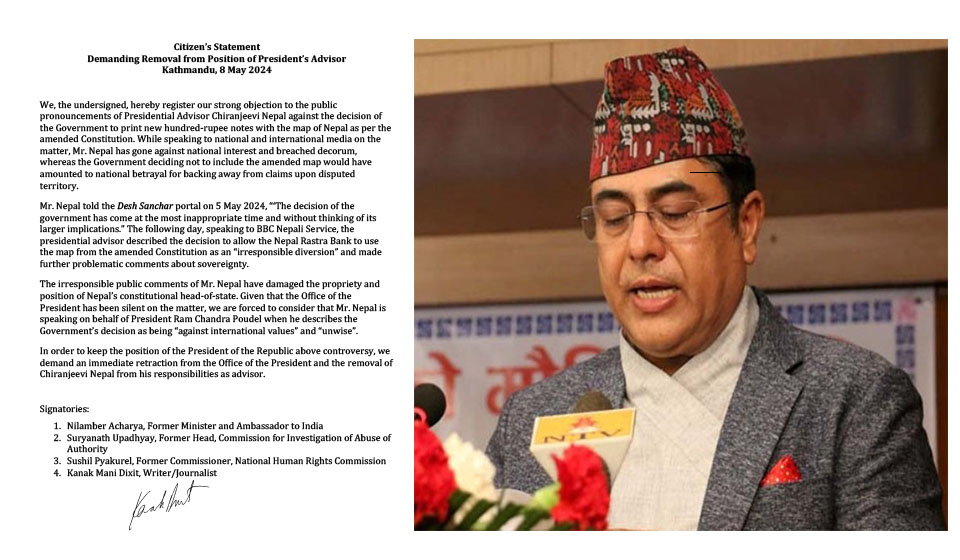
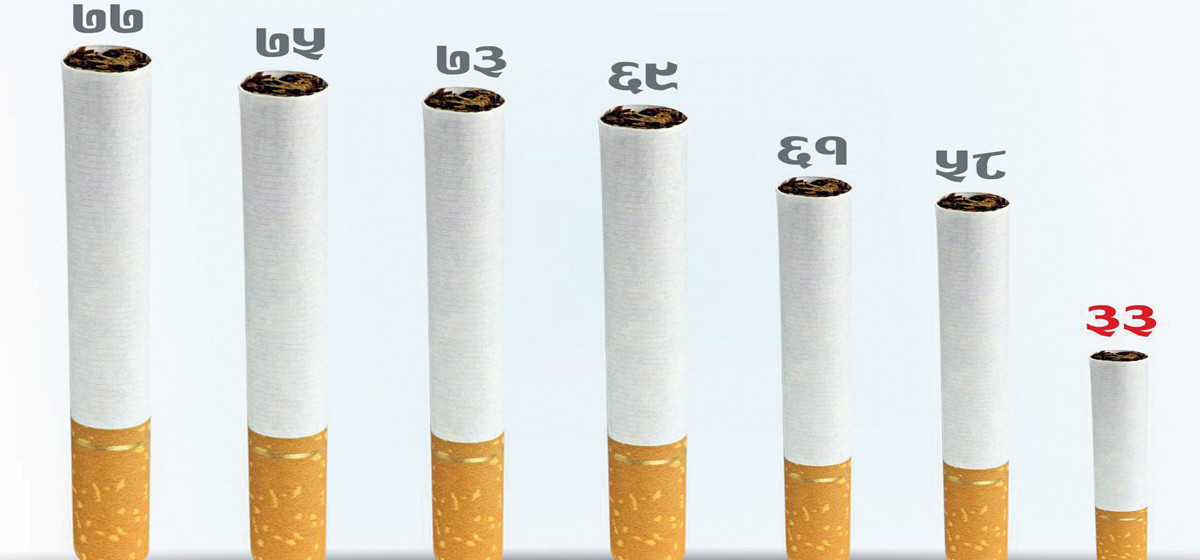
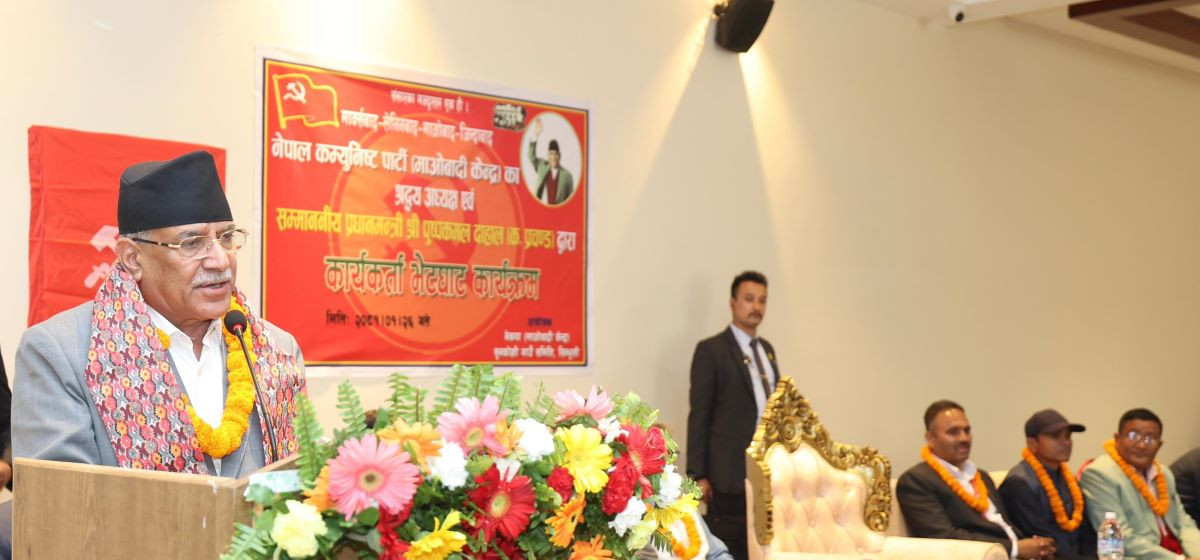

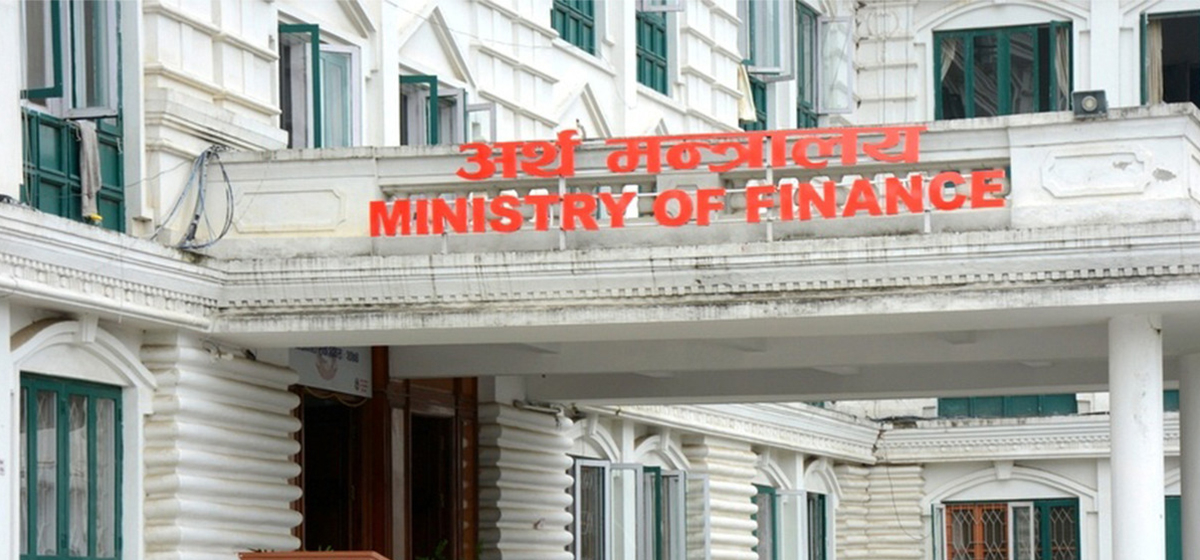



Leave A Comment